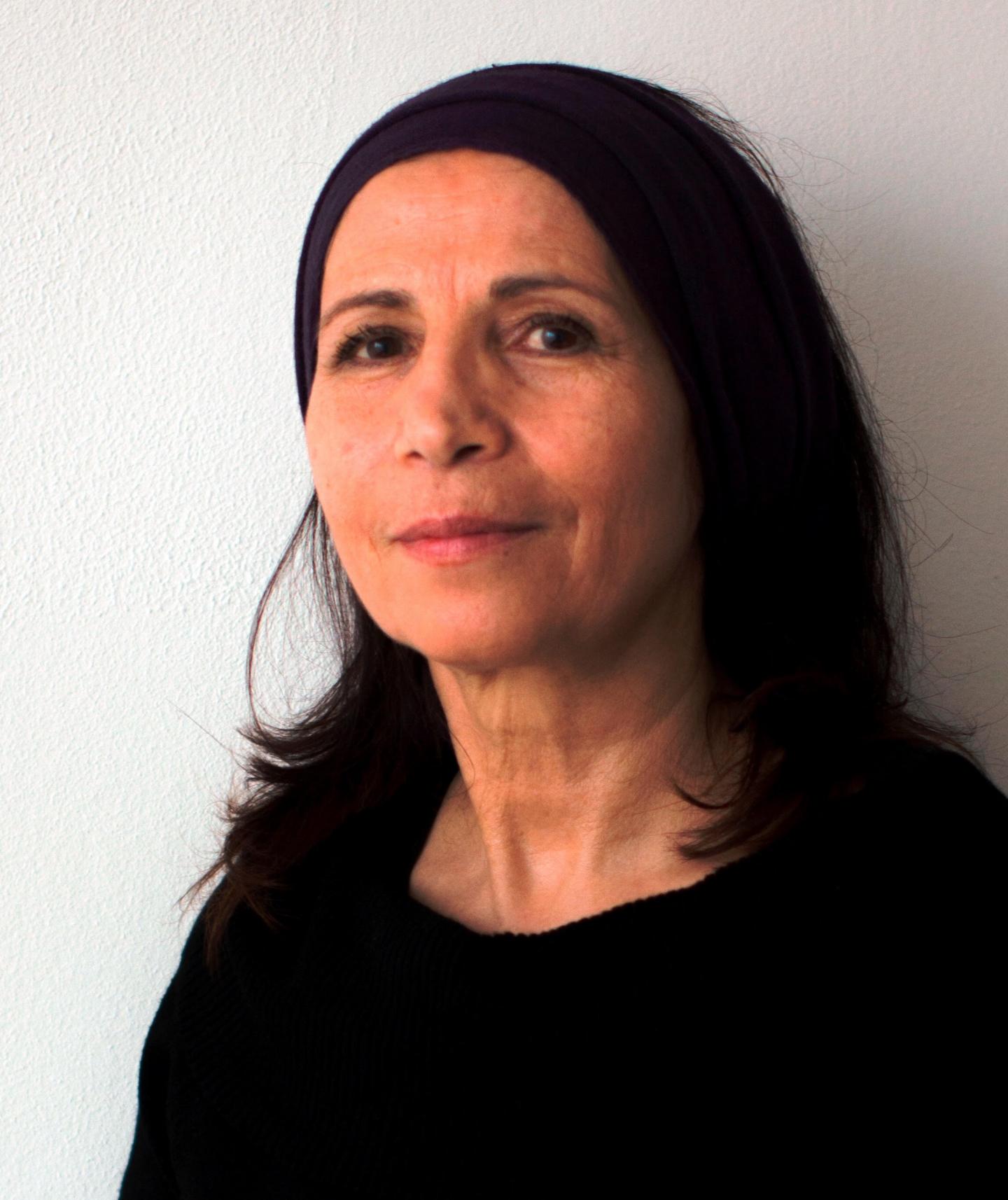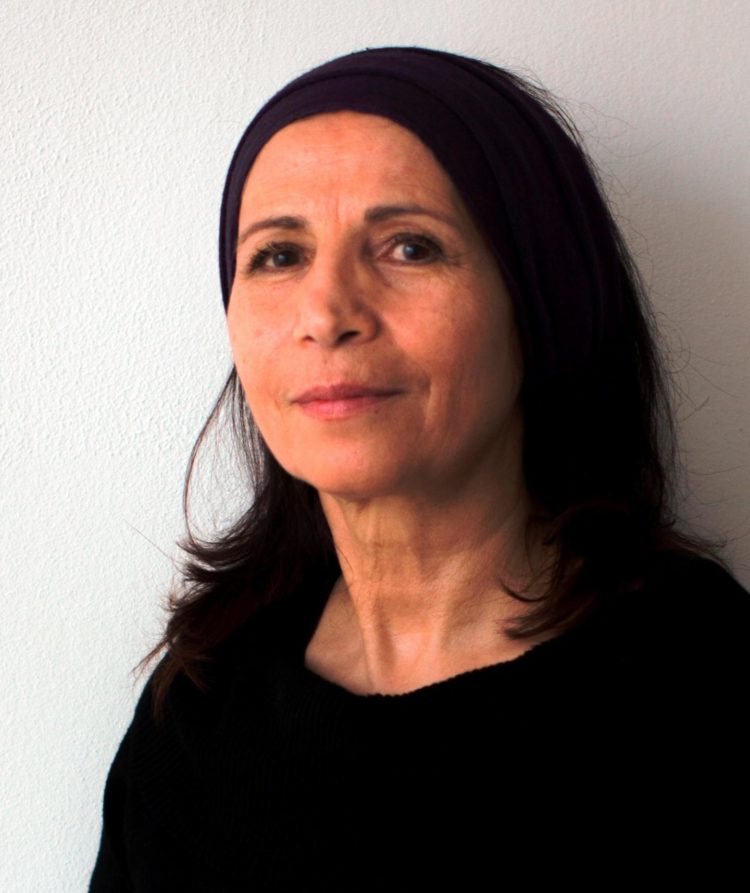
Credit: Photo by Karin Ledin da Rosa
Migrants living with HIV are a particularly vulnerable group in Sweden and Swedish health care, research from the University of Gothenburg shows. How they perceive their own physical health is highly variable — more so than in Swedish-born people with HIV.
“In general, migrants living with HIV are satisfied with HIV care available at infectious disease clinics. But they experience challenges in access to generl health care ,” states Manijeh Mehdiyar, who has a PhD in global health at Sahlgrenska Academy, University of Gothenburg.
Her thesis is based partly on qualitative interviews, conducted both individually with migrants patients and with groups of care professionals at infectious disease clinics. The overall aim was to explore the knowledge of HIV-positive migrants’ life situation and, their encounters with health-care providers.
“One key conclusion is lack of social networks and patients’ organizations for migrants living with HIV. . That’s clear from the interviews with both patients and HIV care givers ,” says Mehdiyar.
One of the component studies in her thesis also draws comparisons between foreign-born people with HIV (540 individuals) and Swedish-born people with HIV (299). The respondents, totaling 839 individuals, comprised all known HIV cases in Västra Götaland County during a given period in 2018.
The study was based on data from the Swedish National Quality Registry for HIV (InfCare HIV), which included replies to questions about perceived physical and mental health, side effects etc. that had been processed and analyzed.
The foreign-born HIV patients in the material were relatively young (their median age was 32 years, against 37 for the Swedish-born patients), whit a higher proportion of women (54%, against 18). The heterosexual route of transmission was more common among migrant copmpared to the Swedish-born patients (67%, against 44%).
Compared with those born in Sweden, late diagnosis was also more common among migrant patients. Moreover, the average migrant with HIV had an inferior immune system, showed a lower dose compliance (85%, against 94% among the Swedish-born) and more frequent side effects (24%, against 15%).
The fact that migrant patients were less often given more expensive drugs with fewer side effects can, according to Mehdiyar, be explained by people without residence permits (i.e. asylem seekers, undocumented migrants) ) being included in HIV care . Courses of treatment for HIV frequently start with more basic drugs.
Relatively many foreign-born patients with HIV were very satisfied with their physical health (34%, against 22% for Swedish-born). At the same time, the proportion who were dissatisfied or very dissatisfied was also higher (11%, against 7%). Regarding mental health, there were no significant differences between the two respondent groups.
In the qualitative parts of her research, Mehdiyar sees clear patterns of loneliness and social vulnerability among foreign-born people with HIV. These patterns also emerged when they were with their own compatriots, among whom the stigma associated with HIV could be very strong.
Another aspect is how uncertainty due to lack of knowledge on HIV among some health care professionals outside of the infectious diseases clinics were described as discriminatory. Discrimination during encounters with health care professionals was described as indirect and subtle, and was expressed by means of body language, looks, and surprised reactions right after they were informed about the participants’ HIV status.
“This isn’t reasonable in terms of the knowledge we have today, and it gives the patient a sense of not being well treated and causes stigma. Research shows that more support, better communication and specific measures are necessary, especially for migrants living with HIV,” says Manijeh Mehdiyar.
###
Title: Experiencing life as migrants living with HIV in Sweden; http://hdl.
Media Contact
Manijeh Mehdiyar
[email protected]
46-722-505-454
Original Source
https:/





